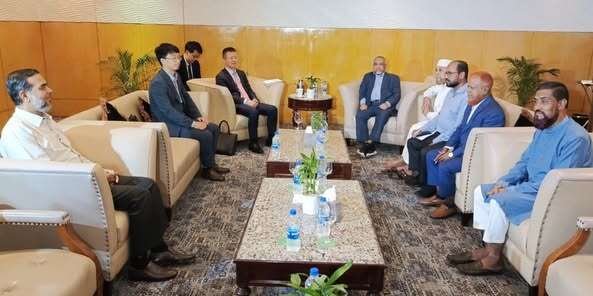
During a meeting with representatives of the Chinese Communist Party (CCP) in Dhaka, Bangladesh’s largest political party, Jamaat-e-Islami (JLB), has proposed establishing Rakhine State as a separate independent state for the Rohingya people. The discussion, which took place on April 27, focused on the situation of over 1.2 million Rohingya refugees currently sheltering in Bangladesh and their future prospects. The JLB party emphasized that merely providing food and shelter for the Rohingya is not a solution to the problem, asserting that the establishment of an independent state in Rakhine where they can live freely is crucial.
Currently, the Arakan Army (AA) controls 14 out of 17 townships in Rakhine State and is actively working to capture the remaining three. Notably, the AA also controls the townships of Buthidaung, Maungdaw, and Rathedaung, where the majority of the Rohingya population traditionally resided. Given this situation, the JLB party pointed out that China, with its close relationship with Myanmar, could play a vital role in addressing the Rohingya crisis. The proposal represents a significant shift in approaching the long-standing humanitarian crisis, with the JLB suggesting that China’s influence could be instrumental in establishing an independent territory for the Rohingya people.
While the Bangladesh government continues to work with the United Nations on Rohingya repatriation efforts, and despite UN Secretary-General António Guterres’s recommendation to engage directly with the AA, Bangladesh authorities maintain communication primarily with the military council. Recent discussions between the military council and Bangladesh government officials in Bangkok regarding Rohingya repatriation have yet to yield significant progress. In this context, the JLB party’s proposal emerges as an alternative solution to the Rohingya crisis, though it represents a dramatic departure from current diplomatic approaches. The situation remains complex, with multiple stakeholders involved and various competing interests at play in determining the future of the Rohingya people and their potential return to Rakhine State.



